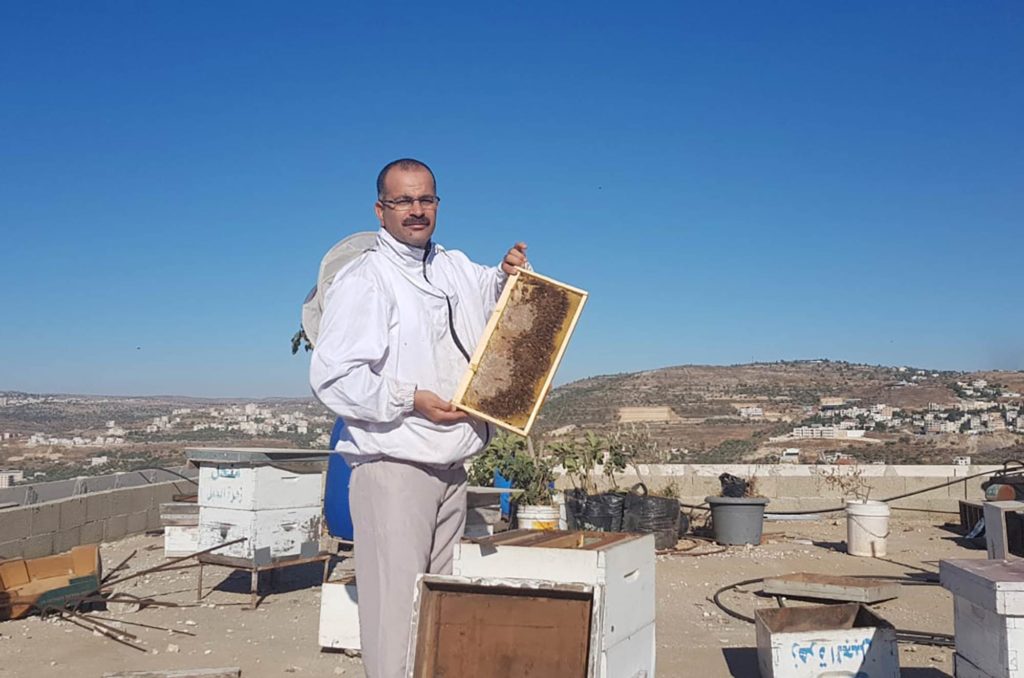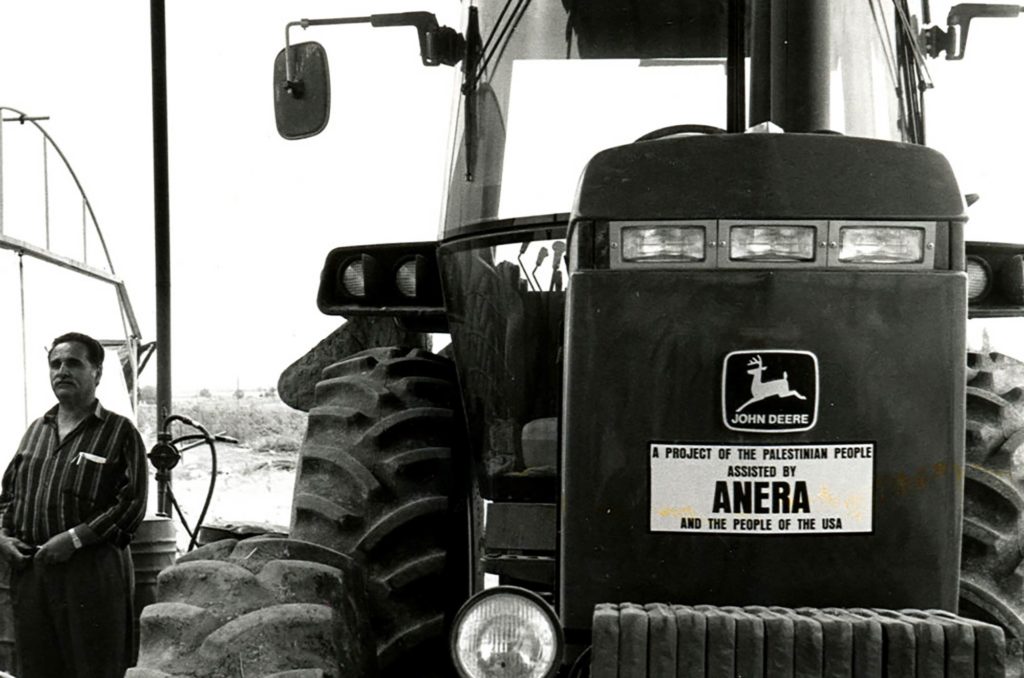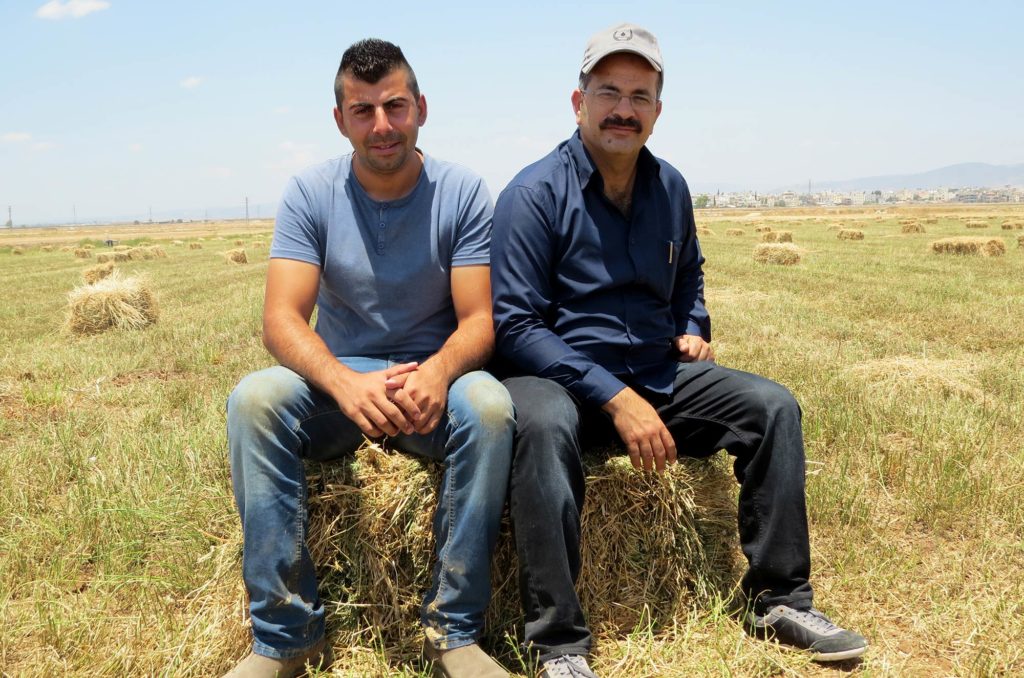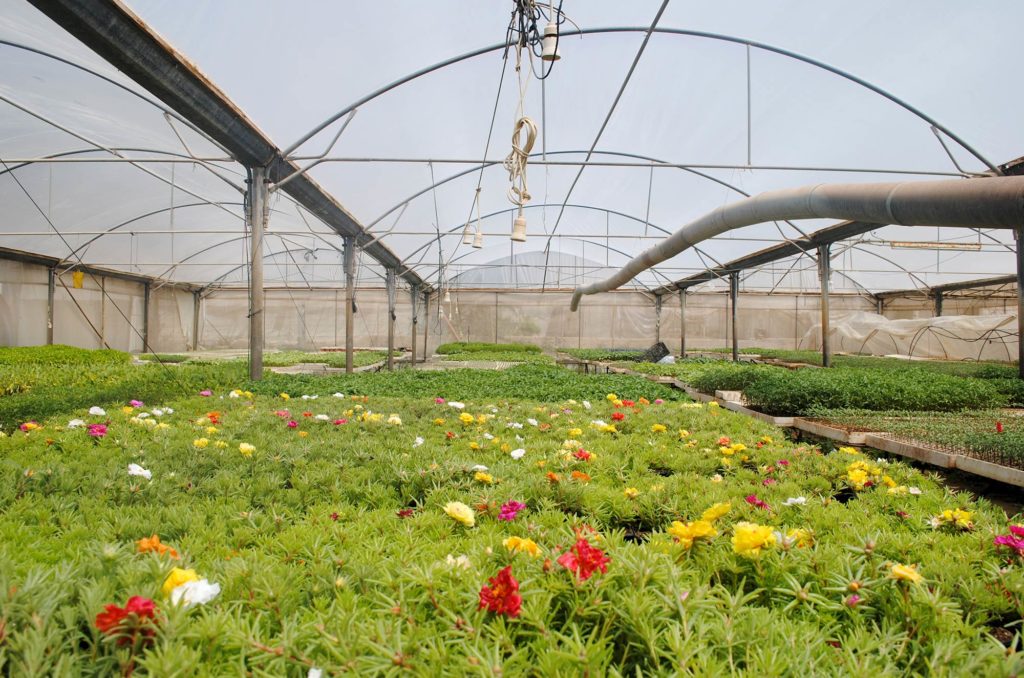The Importance of Cooperatives in Palestine
Posted in: Voices from the field
By Naser Qadous, Anera’s agricultural programs manager


A cooperative is defined as a legal entity representing a group of individuals that come together to achieve a common objective. Their purpose is to serve themselves and their community and to work together as a team. The first cooperative in Palestine – and in the larger Arab community – was founded in 1920. Located in Akka, it was an agricultural cooperative specializing in tobacco.
However, long before the first official cooperatives appeared, people would come together informally to help each other in the fields. Neighbors would pitch in with their labor and equipment to harvest crops. Sharing the labor made the work move quickly and efficiently. It also built a sense of social cohesion. Olive-picking particularly benefited from this communal approach as the quality of olive oil hinged on moving the picked olives quickly from the tree to the press.
In 1948, with Israel’s founding and a weakening Palestinian society, the importance of Palestinian cooperatives grew, as they provided some structure and ability to get things done. Twenty years later, after the 1967 war, development and aid organizations like Anera recognized that cooperatives were effective and legal entities with which to work in Palestine.
In the 1970s into the 1990s, Anera supported Palestinian cooperatives in a wide variety of ways: delivering machinery for reclaiming fallow lands, providing olive presses and dairy processing facilities, establishing seedling nurseries, building feed factories, and much more. All of Anera’s work in agriculture depends on good relationships with strong farming cooperatives.
Palestinian cooperatives take many forms. Agricultural entities are the most common, with specialties like beekeeping, livestock and irrigation. There are also cooperatives to help people with housing, to provide services for savings and credit, to protect consumers, to share electricity and water resources, etc.


When you want to do something related to water, you need to create a cooperative to get it done – it’s the legal and recognized route. Anera established a water users’ cooperative in Jenin a few years ago to ensure that treated wastewater was equitably and efficiently shared among all of the member families. It is the first of its kind in Palestine. Some 15 years earlier, Anera worked with 900 farming families in the Jericho area to create an irrigation cooperative that managed distribution of water from the newly Anera-renovated pumping and piping system at the Ein El Sultan spring. It also was a first-of-its-kind cooperative. I’m very proud to have led both of those important endeavors.


Celebrating Cooperative Day in Palestine
Every year on the first Saturday of July, the Palestinian ministry of labor hosts a celebration of cooperatives and their importance in Palestinian society. There are speeches and presentations, usually in Ramallah, and people reflect on the important contributions cooperatives have made to our society. And I couldn’t agree more with the sentiment.
I want, however, to conclude on a note of caution. A cooperative in it truest, most noble and effective sense should be formed on the basis of a shared mission. It should be a group of individuals coming together to achieve something for the greater good. When organizations like Anera fund cooperatives, they should assess very carefully how the money will be used. Will it be used for collective work to achieve a shared goal? Or does the cooperative exist just as a means of getting funds that, in turn, end up benefiting individuals over the group? Funding should do things like provide training for all member farmers or provide facilities that all can share. A collective goal should be at the heart of the cooperative’s mission.
When I think of the ideal cooperative, my mind immediately goes to Thinnabeh, a cooperative located near Tulkarem in the West Bank. They started up during the second intifada in the early 2000s, when area farmers could not get access to the seedlings they needed. The cooperative made it its business to start a seedling cultivation facility that would service all of the members. They have since expanded to produce compost. The cooperative works entirely independently with only occasional help from the outside. Their members are all invested in the success of their mission and it shows in what they produce. Go visit them sometime and you’ll see just what I mean!


OUR BLOG
Related
In this log, Anera provides updates on unfolding war in Palestine and our response. Please stay tuned here for the latest information. To subscribe for weekly updates via SMS on our response in Gaza, text GAZA to 1-866-549-0055. Questions? See…
>>> Read the full situation report The year 2024 saw the highest levels of displacement and structure demolitions in the West Bank and East Jerusalem since OCHA began tracking these violations in 2009. This increase is mainly due to the…
As we step into a new year, we want to express our heartfelt gratitude for the generosity of supporters like you.
